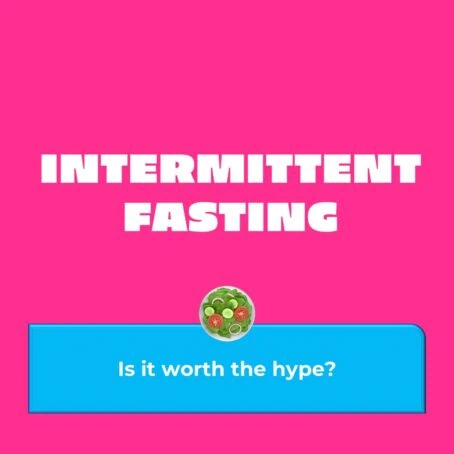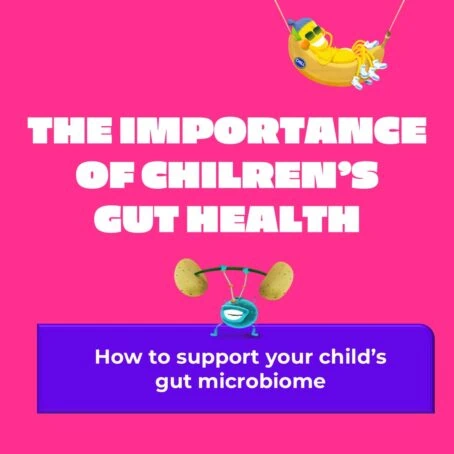What about IF for your gut health?
Research is limited, but there’s been some positive links between intermittent fasting and a healthy gut microbiome.
As you probably know by now, a thriving diverse microbiome (AKA the collection of microbes, including bacteria, that live within our gut) is linked to better overall health. From better digestion and bowel habits, to better mood and energy.
One study looked at people’s gut microbes after the holy month of Ramadan. People fasted for around 14 hours a day. They saw an increase in bacteria called Akkermansia, which is associated with better metabolic health.
How does it work? Well researchers reckon giving your gut time to ‘rest’ means it can focus on repairing and making your all-important gut lining stronger.
There’s got to be some downsides…?
IF isn’t for everyone. After all, it’s not always easy or convenient to skip food for such a lengthy period of time.
Here are just a few of the downsides you need to know.
- The weight loss isn’t sustainable
As for weight loss, although research is positive, it’s not the holy grail. Most studies focus on the short-term benefits and don’t look at how (un)sustainable it could be.
Researchers also often report that the reason IF might work initially is down to the overall lower energy intake – not because of what time you eat. So it’s no more effective than simply reducing the amount of food you eat.
And if in your ‘eating window’ you pack in triple the amount of food you normally would in a whole day… Well, you would put weight on.
Plus, IF focuses on HOW you eat, rather than WHAT you eat. If you’re eating lots of high sugar, high saturated fat foods, then you probably won’t see any benefits. It might be better to give your diet an overhaul instead.
Having less opportunity to eat in the day means it might be trickier to hit your 5-a-day fruit and veg or 30-a-week plant food goals. And that means you could be risking nutrient deficiencies. It can be hard to get all the nutrients you need – like that all-important 30g of fibre – in just 1 or 2 meals a day.
If you’re tackling tummy troubles like IBS, or you’re often bloated, IF might not be a good idea. That’s because cramming all your food into a small window means your gut has to grapple with large loads all at once. A better option would be to spread your food intake across the day to lighten the load.
If you get up early to exercise, you might feel famished by mid-morning and need some fuel to keep you going.






